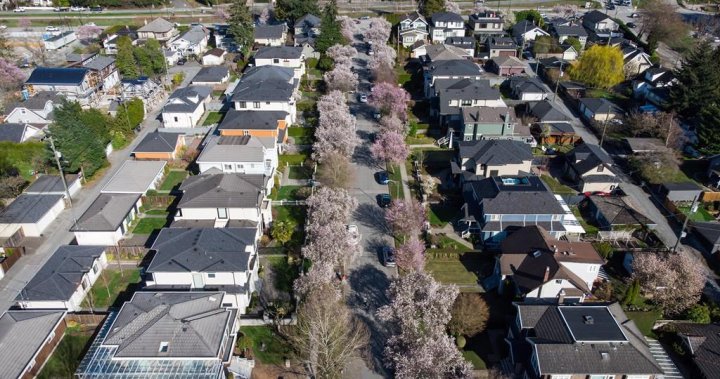
19% decline in B.C. housing due to short-term rental shift: study
Global News
It is estimated that B.C. tenants bore an extra $2 billion in rent costs between 2016 and 2021 due to the vast expansion of short-term rentals.
A McGill University professor has found some eyebrow-raising numbers regarding short-term rentals in B.C.
David Wachsmuth conducted a study dissecting the influence of commercial short-term rental growth on B.C. housing availability and costs.
“The report underscores the need for the Province of B.C. to implement a province-wide short-term rental registry and platform accountability measures to save tenants billions in rent and address housing supply, attainability, and affordability,” the study said.
The study found that more than 16,000 homes shifted from residential to dedicated commercial (investor-owned) short-term rental in 2022, signifying a 19.1 per cent decline in housing availability across the province.
The study says the rapid surge of short-term rentals in 2022 contributed to a 28 per cent rise in rent costs.
It is estimated that B.C. tenants bore an extra $2 billion in rent costs between 2016 and 2021 due to the vast expansion of short-term rentals.
“Across Canada, our existing stock of affordable housing is disappearing at an alarming rate. New units being built do not meet the affordability levels that Canadians need, and for every new unit built, at least five are being lost to excessive rent increases, renovation, redevelopment, and conversion to other uses like short-term rentals,” said Annie Hodgins, the Canadian Centre for Housing Rights’ executive director.
“This report demonstrates the extent to which commercial short-term rentals are exacerbating Canada’s affordability crisis by driving up rents and taking sorely needed units away from renter households.











